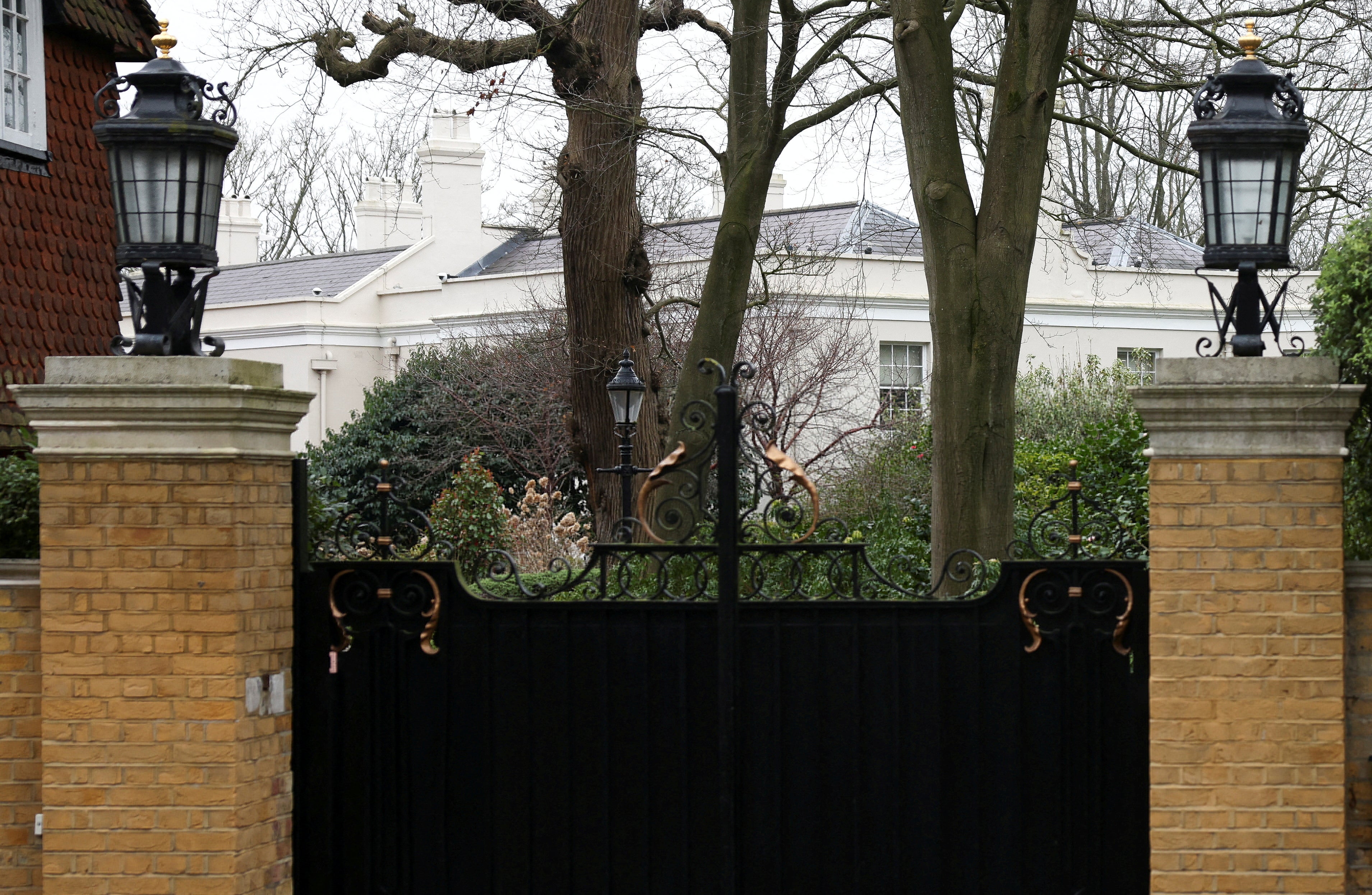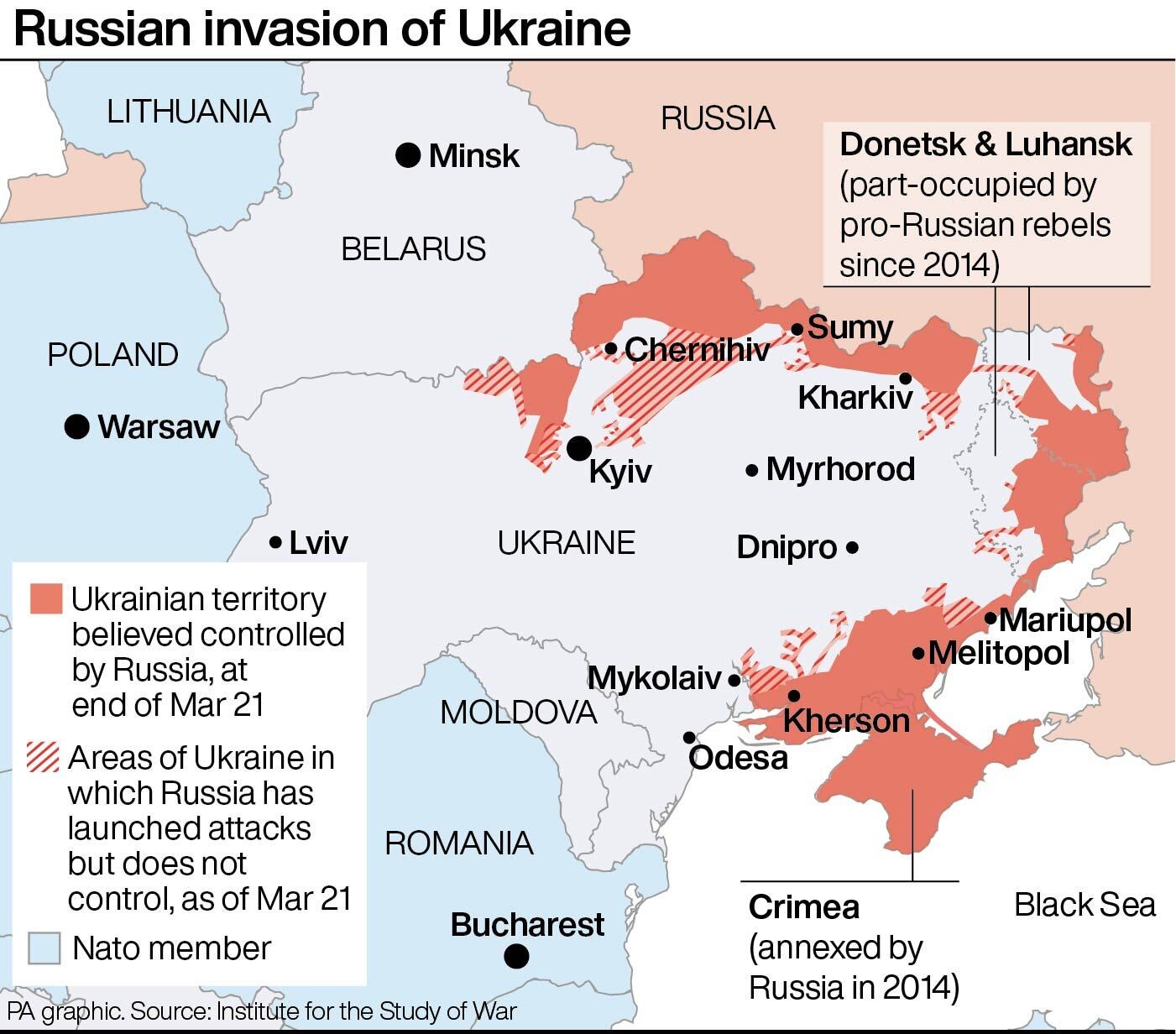
A Russian businessman sanctioned by the British government earlier this month has said he had already relinquished ownership of some of his UK mansions, casting doubt on the effectiveness of efforts to seize the oligarch’s assets.
Alisher Usmanov, an Uzbekistan-born mining and telecommunications tycoon, was targeted by British ministers on 3 March, a week after Vladimir Putin invaded Ukraine. The government said the action was taken because of his “close links to the Kremlin”.
“Our aim is to cripple the Russian economy and starve Putin’s war machine,” foreign secretary Liz Truss said when announcing the decision.
The oligarch, who is believed to be worth almost £14bn, is the founder of USM Holdings, the company which sponsored Everton’s training ground. Mr Usmanov also used to own a stake of Arsenal.
His UK possessions are also thought to have included two multi-million pound homes, Beechwood House in Highgate, London, and Sutton Place estate in Surrey.
However, a spokesperson for Mr Usmanov told The Guardian most of the businessman’s British properties and his yacht were “long ago transferred into irrevocable trusts”.

They added: “From that point on, Mr Usmanov did not own them, nor was he able to manage them or deal with their sale, but could only use them on a rental basis.
“Mr Usmanov withdrew from the beneficiaries of the trusts, donating his beneficial rights to his family.”
Speaking to the BBC, Michael O’Kane, a lawyer with sanctions expertise, explained how the move could make things difficult for the British government.
“In order for an entity to be designated under sanctions it needs to be owned or controlled by a sanctioned person,” he said.
Later, No 10 told reporters the government was “confident” that imposed sanctions on Mr Usmanov’s assets will have a “significant impact”.
“I’ve seen those claims reported,” they said. “I’m not in a position to talk about the veracity of them at this stage”.
The prime minister’s official spokesperson added: “The sanctions against Usmanov were enacted with immediate effect, he cannot access his assets, it’s illegal for any person or company in the UK to do business with him.
“And crucially, when it comes to sanctions, we are wherever possible moving as one with our Western allies, so those that may be seeking to move assets will find they’re not welcome in (the) vast majority of the Western world.”
Asked if he was confident those sanctions would still hit Mr Usmanov’s assets, the prime minister’s official spokesman said: “We remain confident these sanctions will have a significant impact on Usmanov. I think of that there’s no doubt.”

Defending the government against criticism it was too slow to sanction Putin-linked individuals, they added: “I think people recognise that we’re a country that respects the rule of law, and we make sure that we have done all the requisite steps in order to make these legally enforceable.”
Mr Usmanov has a 49 per cent stake in his main business conglomerate UMS, just under the sanctions threshold, according to the Russian Asset Tracker, a resource run by a group of international media organisations.
Italy said earlier this month that it had seized Mr Usmanov’s £17-million villa after the EU introduced sanctions against him. However, it remains unclear if his yacht, the Dilbar, will be prevented from leaving the German port of Hamburg once its repairs are complete.







